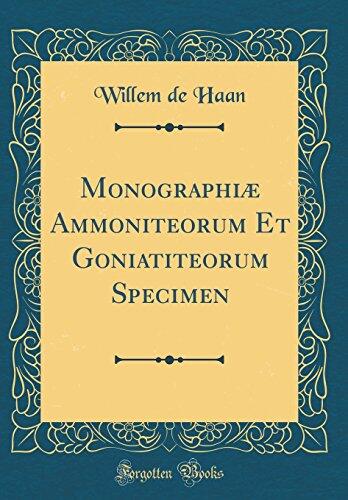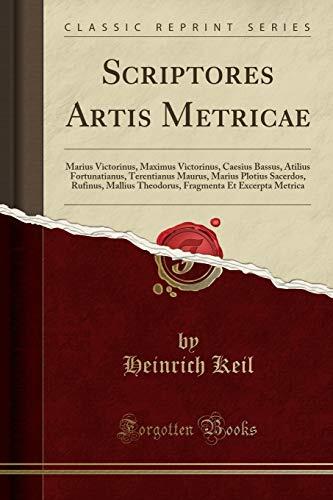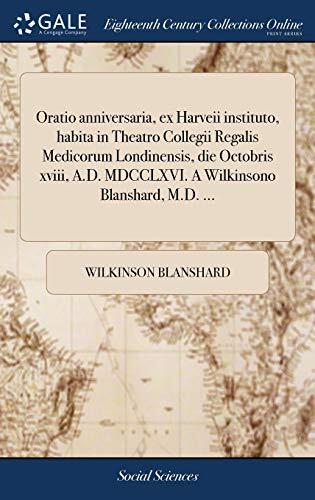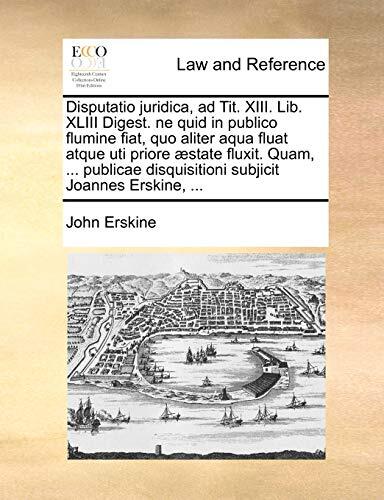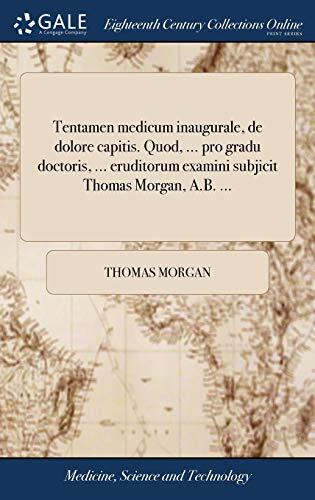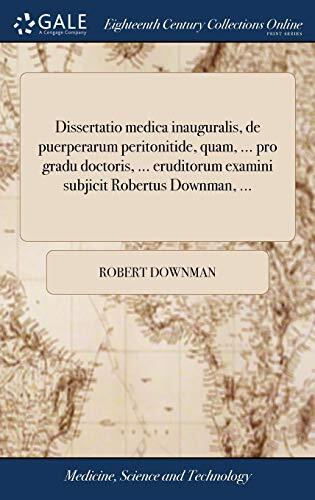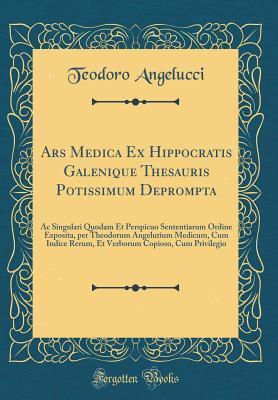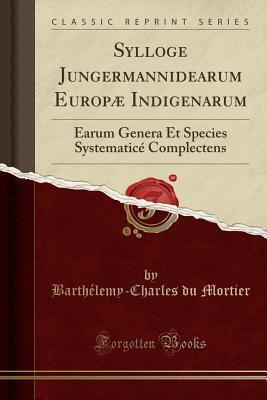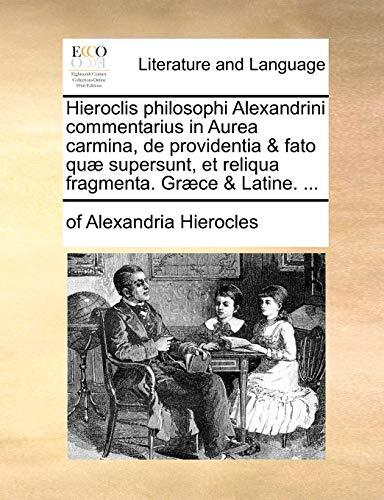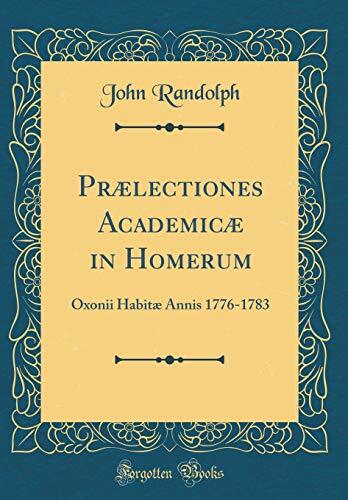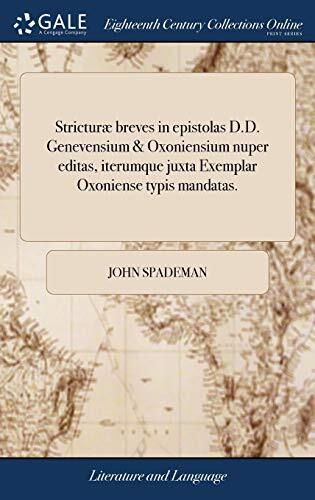
Stricturæ breves in epistolas D.D. Genevensium & Oxoniensium nuper editas, iterumque juxta Exemplar Oxoniense typis mandatas.
还没有评分
Science & Technology
格式
精装书
页数
34
语言
拉丁语
已发布
Apr 19, 2018
出版商
Gale ECCO, Print Editions
ISBN-10
1379721342
ISBN-13
9781379721345
描述
John Spademan delves into the intellectual fervor of the 18th century, a period marked by significant advancements in thought and technology. His work presents an in-depth examination of the epistles from the learned communities of Geneva and Oxford, shedding light on the dialogues that shaped contemporary understanding. These letters reflect a rich tapestry of ideas, rooted in the philosophical and theological debates of the time.
Throughout the narrative, Spademan emphasizes the importance of these correspondences as a means of conveying evolving knowledge and exploring the boundless curiosities of the era. He meticulously revisits the original texts, offering fresh insights and making them accessible to a wider audience. The care taken in this re-examination reveals the intricate connections between these two scholarly traditions.
His writing serves not only as an academic resource but also as a window into the vibrant intellectual culture of the 18th century, which was characterized by a spirit of inquiry. Readers are invited to contemplate the implications of these conversations that transcended borders, connecting brilliant minds across Europe.
As Spademan bridges past and present, he encourages a deeper appreciation for the exchange of ideas that has shaped modern thought, underlining the timeless value of intellectual pursuit. The exploration unfolds against a backdrop of historical context, making it a significant addition to the scholarship of the period.
Throughout the narrative, Spademan emphasizes the importance of these correspondences as a means of conveying evolving knowledge and exploring the boundless curiosities of the era. He meticulously revisits the original texts, offering fresh insights and making them accessible to a wider audience. The care taken in this re-examination reveals the intricate connections between these two scholarly traditions.
His writing serves not only as an academic resource but also as a window into the vibrant intellectual culture of the 18th century, which was characterized by a spirit of inquiry. Readers are invited to contemplate the implications of these conversations that transcended borders, connecting brilliant minds across Europe.
As Spademan bridges past and present, he encourages a deeper appreciation for the exchange of ideas that has shaped modern thought, underlining the timeless value of intellectual pursuit. The exploration unfolds against a backdrop of historical context, making it a significant addition to the scholarship of the period.
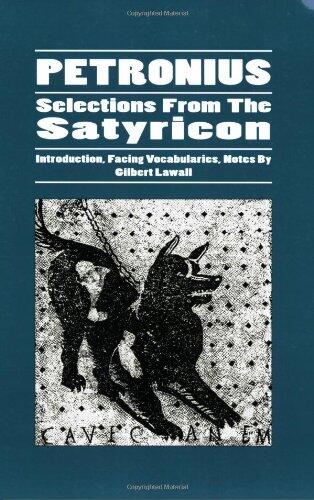

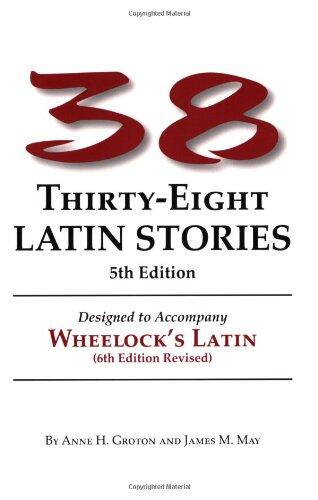
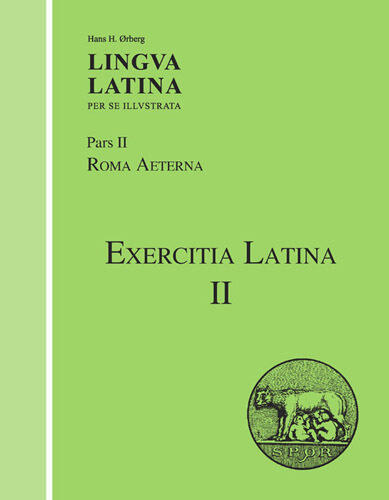
![Aereoplastes Theo-Sophicus, Sive, Eicones Mysticae: Rarâ Solertiâ, AC Sagacitate Singulari Effictae, Eaqu[ue] Aere Incisae ......](https://images.bookpine.com/bdd61f38-47f2-4de6-8a6f-005f09f25c9d.jpg)
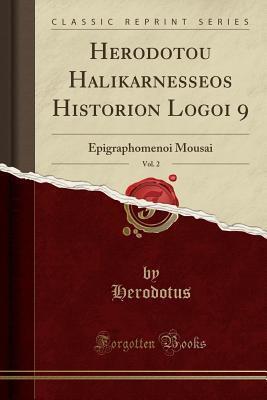
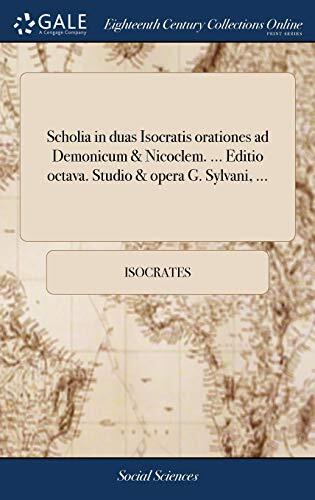
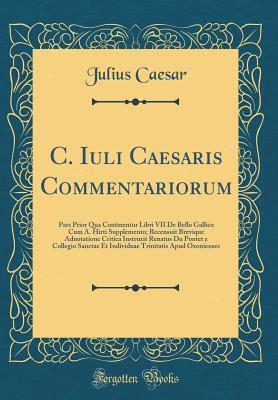
![Commentariorum Pars Prior [Et Pars Posterior]. Recensuit Brevique Adnotatione Critica Instruxit Renatus Du Pontet; Volumen 01](https://images.bookpine.com/dc31b993-9759-4a02-9011-d88eb406140d.jpg)
